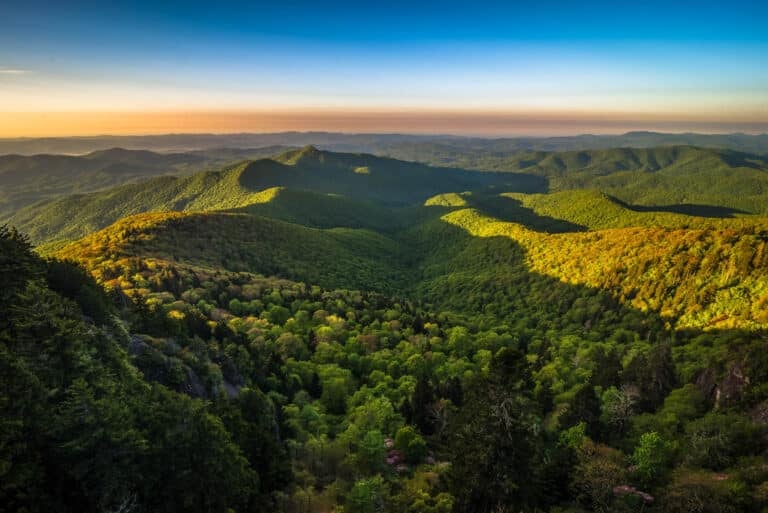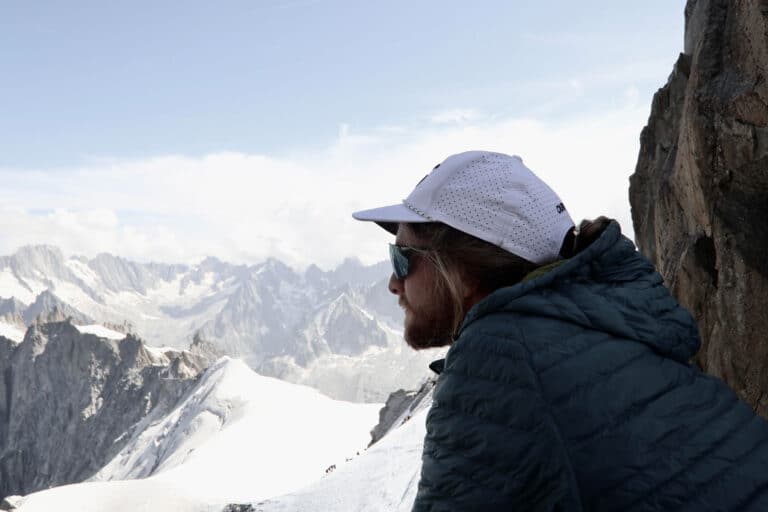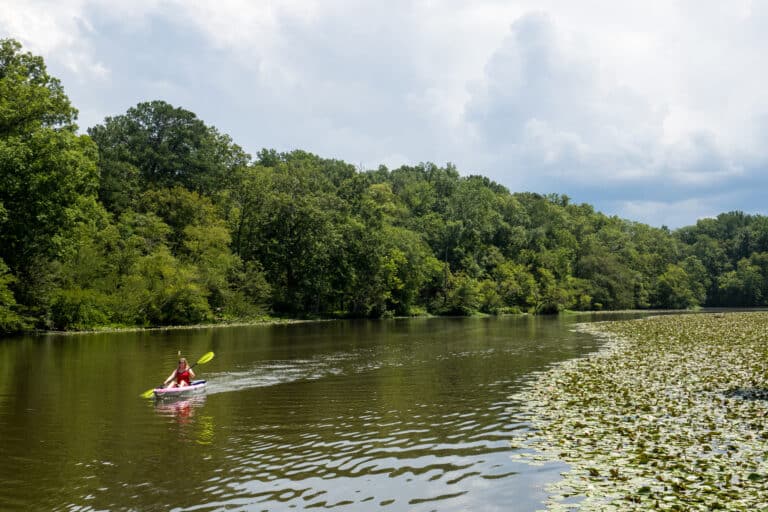Teenagers don’t build forts. They look at their phones, they hang out with friends while looking at their phones, they play sports in between looking at their phones. I know this because I have two of them, a boy and girl, twins, both 15, and they haven’t built a fort in years. It used to be one of their favorite pastimes. They’d have a few friends over and they’d head off into the woods of the vacant lot down the street and fashion an elaborate lean-to with sticks and leaves.
It was good, wholesome fun, and I loved that fort-building phase of their childhood, a phase that has since been replaced by video games, poker games, cruising the neighborhood in packs, and probably less savory pastimes I don’t want to think about. I understand that these phases of childhood are important, but if my kids could have the decency to remain 10 years old, stuck in the fort-building phase until I pass away at the ripe age of 112, it wouldn’t hurt my feelings.
I had a glimpse of that dream recently after Hurricane Helene devastated our hometown of Asheville, and my kids decided to spend a day building a massive fort to pass the time. The storm hit our town hard, causing all kinds of damage that we’re still trying to wrap our heads around. Almost 100 people lost their lives. More lost their homes and businesses. It was a horrific natural disaster that also wiped out cell communications for several days in our immediate area.
I don’t know how many times I’ve wished for the evaporation of cell phone technology since having kids. In my dream, we’d wake up one morning and all our phones would just be dead. Social media platforms that occupy so much of our free time would be gone. The constant need to check and respond to emails would be a memory. My son wouldn’t constantly pepper his mom to give him “more screen time.”
That’s essentially what happened to us in Asheville after the storm. About an hour after the worst of the winds and rain hit, knocking countless trees over in my neighborhood alone, our phones just died. No calls could go out. No internet could be found. Instagram was a ghost. It stayed that way for several days.
The feeling of disconnection was disorienting at first. I couldn’t get news, I couldn’t message my family or reach anyone who wasn’t in my immediate vicinity. When my wife left the house to get water, she left a note on the counter so I knew where she was going. If you wanted to talk to someone, you had to find that person and talk to them face to face. It was like time travel. We were suddenly back in the ‘80s.
And my kids, who for the past few years have lived their lives with the phone as the engine of their social lives, were right back in that decade with us, only with the ambiance of a natural disaster coloring the background.
My own childhood didn’t have the trauma that my kids have been living through. First, they navigated a global pandemic and now this natural disaster. They’ll either be super resilient or super fucked up as they get older. Time will tell. I didn’t have to contend with any of that. I grew up in the ‘80s in a small town in the South, so I spent my time exploring the woods and farms near my house, ogling throwing stars at the local knife shop and buying bootleg tapes of RATT and Twisted Sister at the flea market. It was great. I was bored a lot, but that’s okay because kids are supposed to be bored. You figure out who you are when you’re bored. I learned how to draw and wrote mystery stories about missing rabbits and threw a tennis ball against the wall of my house for hours on end, because there was nothing better to do in 1987 in Kennesaw, Georgia.
My kids are never bored because they have these amazing little computers in their pockets that deliver them videos of cats dressed like Elton John playing Mozart on demand. I can’t say that I blame them. Why would you draw a picture or throw a tennis ball when you can watch an Elton John kitty playing classical music?
But for a week in Asheville, the tiny computers in our pockets were worthless, which meant for the first time in years, my kids were bored. So they built a fort. It was an elaborate structure using the exposed root system of a downed tree in our backyard as a foundational wall. I watched that tree fall from my bedroom window, praying it wouldn’t hit my neighbor’s house. It was a big, 100-year-old white oak. It missed the neighbor’s house by about two inches and smashed their trampoline instead.
At first, it was just my son and daughter working on the fort, but word got out amongst the other teenagers in the neighborhood and soon there was an army of 15 and 16 year olds, each wielding hatchets to dismember the branches of that tree and fashion those branches into a massive bunker of sorts, kind of like the camouflaged tents you see in those old war movies. It was a large fort, roughly the size of the living room in our home. They dug couches into the ground and spread a parachute down as a rug. They loaded the fort with provisions—a 12-pack of root beer and some FunYuns.
It took them several hours and they had a blast. There was carnage from the natural disaster all around that fort. Trees had smashed houses and cars, telephone poles were ripped out of the ground, wires hung across the street. A mile down the road the French Broad River ripped a swath of destruction along its corridor. But inside that fort, the world was in order.
Everybody handles stress and uncertainty differently. No more than 24 hours after the storm ravaged our town, I saw a guy mowing his lawn with his electric mower. Nobody had power at this point, and there were trees that had smashed cars and houses all around him, but there he was keeping his front lawn as tidy as can be, as if he was going to host a picnic later that day. A good friend of mine spent most of his free time disassembling the small oak that had fallen in his own backyard. He didn’t have gas for his chainsaw, and we couldn’t get gas at that point, so he did it with an axe and hatchet. It was hard, sweat inducing work, but he was determined to get it done. When he was finished, you could barely tell a tree had fallen at all.
I watched these people and thought about the legend of the band that played songs while the Titanic sank. When there is chaos, we grasp for some sense of control and order. We mow our lawn. We chop up a tree. My kids built a fort. It was a good way to establish order, to start to comprehend the devastation that had just occurred.
Watching the process, and watching my kids revert to their younger selves for just a brief time, gave me a small sense of order as well. It put the world back in place, just a little bit, serving as a bright spot in a dark storm.








